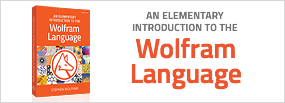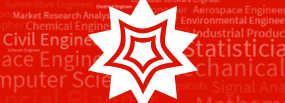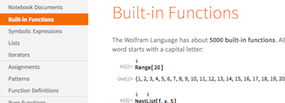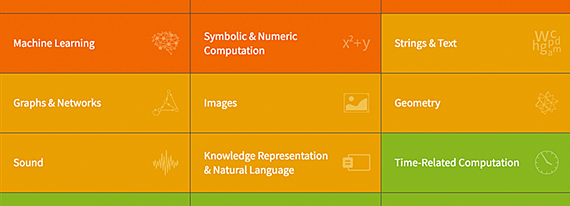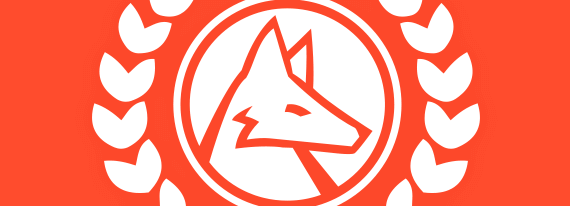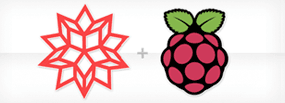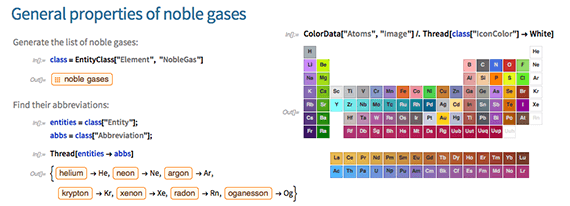Curriculum and Activities
The Wolfram Summer Research Program is intensive and focuses on a variety of academic activities. Activities throughout the two-and-a-half-week program will blend active learning with opportunities to socialize with other students.
Learning Wolfram Language
Before the program, you will be assigned the Creative Computation interactive course on Wolfram U so that you know the basics of Wolfram Language before we begin. During the first few days of the program, you will go through our active-learning boot camp experience to extend and solidify your understanding before you begin your project.
Deep dives
Throughout the program, there will be deep-dive talks on a variety of topics, given by mentors from the Wolfram Summer Research Program and the Wolfram Summer School as well as by guest speakers. In previous years, these topics have ranged from natural language processing and computational farming to computational poetry and machine learning for economics.
Hands-on Challenges
Over the course of the program, you will engage in plenty of hands-on activities. From making facial recognition classifiers and randomizing setups for board games to creating computational music and art and making interactive websites, you will build up a portfolio of mini projects as you learn Wolfram Language.
Independent Project Time
During the program, you will spend most of your time working on your project. You will work with the Program Directors and Stephen Wolfram to choose the best project for you, and then you will be supported by an expert mentor, the Teaching Assistant team and your peers as you work toward writing your computational essay.
Social Activities
Outside your academic schedule, you will have the opportunity to make friends and have fun with activities such as stand-up comedy workshops, chess tournaments, scavenger hunts, discussion groups, book clubs, foreign language classes, movie nights, sports and games.
Minor Tracks
Alongside your academics, you will choose a creative minor. This is a chance to learn a new skill and get to know your peers in a creative environment. Minor tracks in previous years have included writing, music, art and theater.
Projects
The central focus for the Wolfram Summer Research Program is your project. These projects are done independently, with the help and support of a personal mentor and the other program faculty. You will be given a list of interesting projects and will have the opportunity to choose from the list or suggest your own. You will then work with Stephen Wolfram to select a definitive project.
To see examples of some previous projects, you can view the project gallery. To explore student projects in depth, you can listen to our Wolfram Student Podcast, where program graduates explain their work and what they learned during the program.
Sample Schedule
Each day will be slightly different, with a higher balance of Wolfram Language learning at the beginning of the program and with an increasing emphasis on independent project time as we progress. There will also be plenty of opportunities for learning outside of the classroom.
- 7–8:30am : Breakfast and social activity
- 8:30–11am : Wolfram Language learning
- 11am–12pm : Specialist lecture
- 12–1pm : Lunch
- 1–2pm : Experiential learning
- 2–5pm : Independent project time
- 5–7pm : Experiential learning or social activity
- 7–9pm : Dinner and free time
- 9–10pm : Dorm activities
